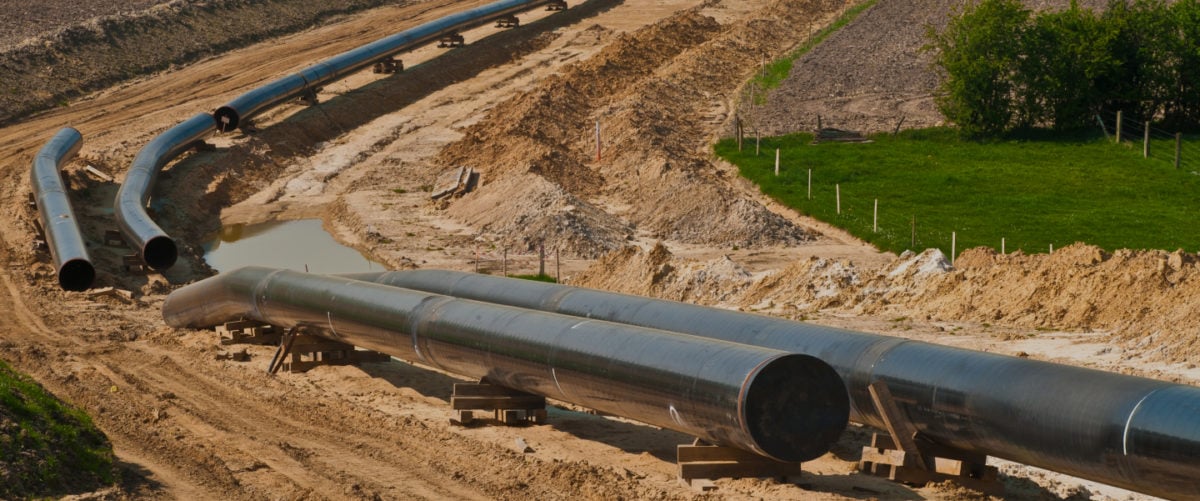Victory! Fossil Gas Project’s Approval Reversed Due To Significant Flaws
Published Sep 11, 2024

A federal court overturned FERC’s approval of the Regional Energy Access Expansion, a massive and unnecessary fossil gas project.
In July 2024, Food & Water Watch and our allies won a challenge to the Federal Energy Regulatory Commission’s (FERC) approval of Transcontinental Gas Pipe Line Company’s Regional Energy Access Expansion (REAE) project. The massive REAE project involved three dozen miles of new pipeline, a new compressor station, and several compressor station upgrades across Pennsylvania and New Jersey. The majority of the expanded gas capacity was planned for New Jersey, even though the state doesn’t need it and despite state law requiring annual gas reductions.
FERC initially approved REAE in January 2023, issuing a certificate of public convenience and necessity under the Natural Gas Act. In issuing these approvals, FERC also has to comply with the National Environmental Policy Act (NEPA). NEPA is a foundational environmental law that requires federal agencies to take a hard look at the environmental impacts of their actions and disclose them to the public, with the aim of more informed government decision-making. In this case, FERC refused to say whether REAE’s impacts on climate change would be significant, despite the project’s immense greenhouse gas emissions. We urged FERC to reconsider granting the certificate for REAE, but the agency refused. So we joined with our allies to challenge FERC’s approval in court.
In a victory for the climate, the environment, and our allies and supporters in New Jersey, the United States Court of Appeals for the District of Columbia Circuit reversed FERC’s approval of REAE because of the agency’s failure to determine the significance of the project’s climate-harming emissions and its deficient market need analysis. The substantial flaws in FERC’s assessment undermined the agency’s balancing of benefits and adverse impacts, which is required under the Natural Gas Act to ascertain whether the project is in the public interest. Because FERC’s approval of REAE violated NEPA and the Natural Gas Act, the court vacated the certificate and sent the matter back to the agency to try to fix its mistakes.
This victory is an important milestone in Food & Water Watch’s longstanding efforts to hold FERC accountable for the true scope and extent of the impacts that unnecessary fossil gas projects have on the climate, the environment, and communities.
Food & Water Watch is represented by Earthjustice in this case.
Your generosity powers legal victories like this.
Enjoyed this article?
Sign up for updates.
TO TOP


